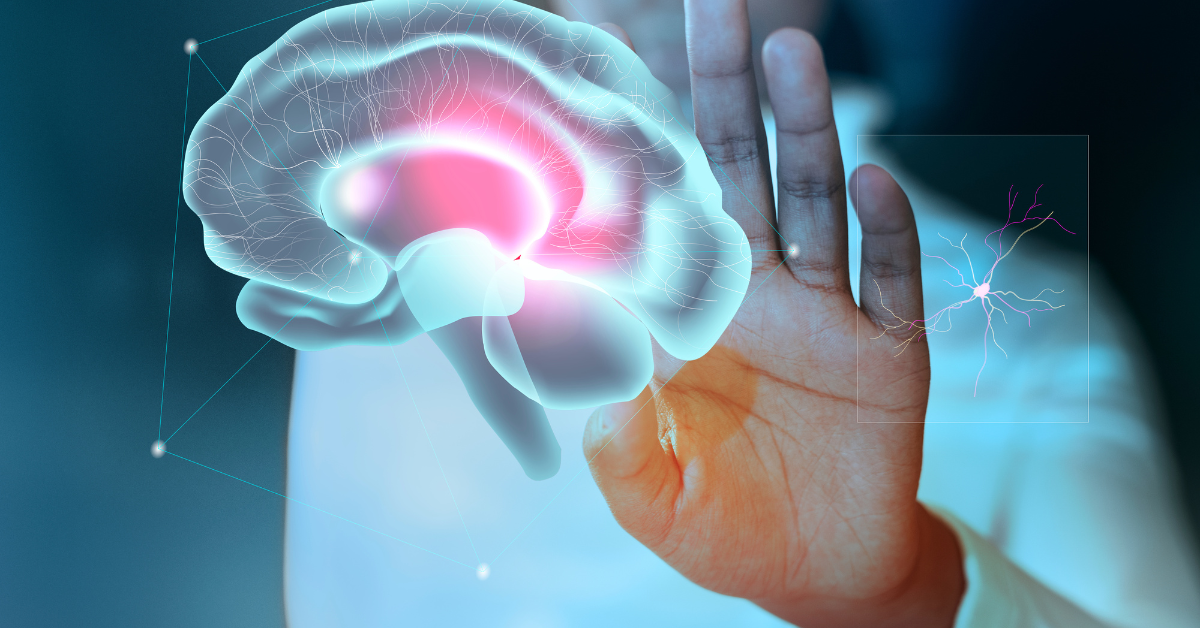
Psycho-Oncology: Understanding the Role of Cancer Mental Health
Psycho-Oncology: Understanding the Role of Cancer Mental Health
Cancer is not just a physical illness; it impacts the emotional and psychological well-being of patients and their families. The field of Psycho-Oncology bridges the gap between oncology and mental health by addressing the psychological, emotional, and social challenges associated with cancer. Central to this field is the concept of cancer mental health, which focuses on the mental well-being of patients, caregivers, and families throughout the cancer experience.
This article provides an in-depth look into psycho-oncology, the importance of addressing cancer mental health, and the interventions available to support patients and their loved ones.
What is Psycho-Oncology?
Psycho-oncology is a multidisciplinary field that combines psychological, emotional, and social support with cancer care. Its focus is to ensure that cancer mental health is given equal priority alongside medical treatments like chemotherapy, surgery, and radiation.
This field covers several aspects, including:
Helping patients cope with the emotional impact of a cancer diagnosis.
Supporting families and caregivers as they manage the stress and burden of cancer care.
Providing therapeutic interventions to manage mental health issues like depression, anxiety, and stress, which are common during the cancer journey.
By focusing on cancer mental health, psycho-oncology seeks to improve patients’ quality of life and emotional resilience.
Impact of Cancer on Mental Health
Cancer diagnosis and treatment can significantly affect an individual’s mental well-being. Many patients face emotions like fear, uncertainty, and sadness, which can escalate into more serious mental health issues if left unaddressed.
Anxiety and Depression: Studies show that up to 50% of cancer patients experience anxiety and depression during treatment. Psycho-oncology interventions focus on helping patients navigate these emotions, emphasizing the critical importance of addressing cancer mental health in tandem with physical care.
Body Image and Identity: Treatments like surgery or chemotherapy often result in physical changes (e.g., hair loss, mastectomy) that can negatively affect self-esteem and body image. Addressing these issues is a vital aspect of maintaining good cancer mental health.
Fear of Recurrence: Even after successful treatment, many cancer survivors experience anxiety about the possibility of cancer returning. This fear can severely impact their quality of life, making ongoing psycho-oncological support crucial for maintaining long-term cancer mental health.
Importance of Supporting Families and Caregivers
Cancer doesn’t just affect the patient; it impacts the entire family. Caregivers, who are often close family members, experience significant emotional stress, leading to issues like caregiver burnout, depression, and anxiety. Psycho-oncology emphasizes the importance of supporting caregivers, recognizing that their cancer mental health is just as critical as that of the patient.
Providing mental health support to caregivers can help:
Reduce caregiver stress and anxiety.
Improve the emotional climate of the household.
Enhance the ability of caregivers to provide better emotional and practical support to the patient.
By addressing the cancer mental health of caregivers, psycho-oncology ensures that both the patient and their support system are emotionally equipped to navigate the complexities of cancer treatment.
Therapeutic Interventions in Psycho-Oncology
Psycho-oncology offers various therapeutic interventions designed to improve cancer mental health for patients and families:
Counseling and Psychotherapy: These can be individual, group, or family-based sessions aimed at helping individuals express their feelings, manage stress, and cope with the emotional burden of cancer. Cognitive Behavioral Therapy (CBT) is commonly used to help patients reframe negative thought patterns and improve emotional well-being.
Mindfulness and Meditation: Mindfulness techniques and meditation can help reduce stress, improve mental focus, and support emotional stability. These practices are often integrated into psycho-oncology to enhance cancer mental health during the treatment process.
Support Groups: Peer support groups connect patients or caregivers who are going through similar experiences. These groups provide emotional support, shared understanding, and practical advice, contributing to better cancer mental health.
Challenges in Addressing Cancer Mental Health
Despite the growing recognition of psycho-oncology, there are challenges in ensuring comprehensive cancer mental health care:
Stigma: In many cultures, discussing mental health remains a taboo. Patients may hesitate to seek psychological help, viewing it as a sign of weakness or an unnecessary addition to their medical care.
Resource Availability: Not all cancer treatment centers have access to psycho-oncologists or dedicated mental health professionals. As a result, some patients may not receive the mental health support they need.
Communication Gaps: Healthcare providers may focus more on physical symptoms and treatments, sometimes overlooking emotional and mental health needs. This can leave significant gaps in addressing cancer mental health.
Efforts to overcome these challenges involve increasing awareness about the importance of mental health in cancer care, training healthcare providers to recognize emotional distress, and integrating psycho-oncology services into routine cancer treatment.
The Role of Psycho-Oncology in Survivorship
Psycho-oncology continues to play a vital role even after treatment. Many cancer survivors face long-term psychological challenges, such as adjusting to life post-treatment, managing the fear of recurrence, or dealing with physical changes resulting from their illness.
Psycho-oncology provides continued support to cancer survivors, addressing long-term cancer mental health needs through counseling, ongoing support groups, and stress management techniques. This support helps survivors reintegrate into everyday life, fostering emotional resilience and a sense of normalcy.
Future Directions in Psycho-Oncology and Cancer Mental Health
As the importance of cancer mental health continues to gain recognition, the field of psycho-oncology is likely to expand. Research is increasingly focusing on understanding the psychological impact of cancer on different populations, including children, older adults, and people from diverse cultural backgrounds.
Innovative approaches, such as the use of digital mental health tools (e.g., apps for stress management, online therapy platforms), will also enhance access to psycho-oncology services, ensuring that cancer mental health is integrated into every aspect of cancer care.
Conclusion
Psycho-oncology plays a crucial role in the holistic treatment of cancer, focusing on the psychological, emotional, and social challenges faced by patients and caregivers. By prioritizing cancer mental health, psycho-oncology improves quality of life, supports emotional well-being, and fosters resilience during and after treatment.
Incorporating psycho-oncology into cancer care ensures that patients not only survive but thrive emotionally, helping them cope with the complexities of living with and beyond cancer. Ultimately, recognizing the importance of cancer mental health is key to comprehensive and compassionate cancer treatment.
